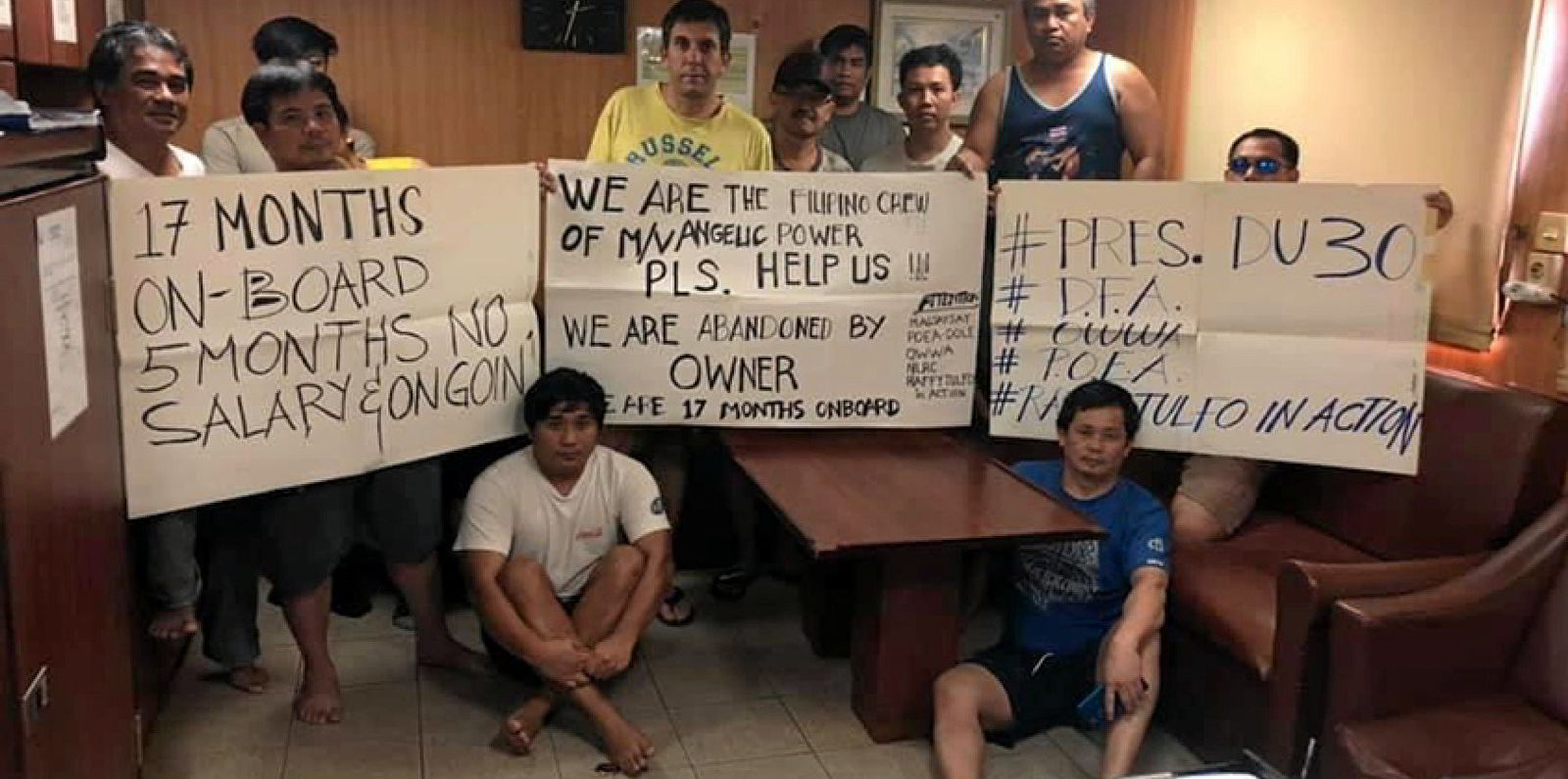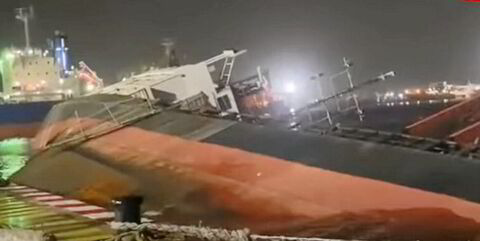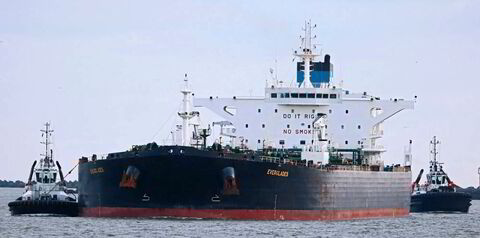New guidelines are underway to streamline efforts in assistance of abandoned seafarers, the International Maritime Organisation (IMO) said late on Tuesday.
The measures agreed in a joint working group by the IMO and the International Labour Organization (ILO) are aimed at tightening policies that already exist but seem to have been insufficiently enforced so far.
This mainly concerns provisions under the Maritime Labour Convention (MLC) obliging states to ensure that vessels flying their flag have a financial security mechanism in place to cover seafarers’ repatriation and emergency needs.
The new guidelines adopted on Tuesday “encourage” states to verify “at least annually” that such mechanisms exist and are valid.
Port states are also urged to make checks, with the IMO and ILO inviting them to pay “particular attention to this financial security during their inspections of foreign ships that visit their ports”.
States from where seafarers are usually recruited are also asked to take part in the enforcement, through regular checks of companies employing their nationals.
The IMO and ILO saw the need for action after the proliferation of ship abandonments in recent years.
From a mere 20 cases reported per year between 2011 and 2016, the number jumped to 40 in 2019, 85 in 2020, 95 in 2021 and 114 as of mid-December this year.
This has concentrated minds, with the IMO and ILO calling for better coordination between flag states, port states and seafarers’ home countries to resolve abandonment cases more quickly.
In that spirit, national governments are to develop “Standard Operating Procedures (SOPs) explicitly defining the liabilities and obligations of the competent authority and the roles to be played by the various national stakeholders”.
These rules will spell out the steps that states are to take when shipowners fail to repatriate stranded seafarers, attend to their basic needs or pay wages promptly.
The SOPs are to be worked out in cooperation with organisations representing shipowners, seafarers and ship agents.
A line in the sand?
Some observers hailed the initiative.
“We welcome these new guidelines,” said in a statement Deirdre Fitzpatrick, executive director of SRI — an organisation researching maritime and seafarers' law.
“The lack of a framework to adequately protect abandoned seafarers has been frustrating — but we are delighted to see that positive change is happening,” Fitzpatrick added.
Others are more skeptical.
“Another line in the sand,” former chartering manager Boris Lunoff commented in a LinkedIn post.
“Until there is a binding obligation and accountability the situation will not improve, as 'encouragement' has failed throughout history,” Lunoff added.
Separately, the ILO and IMO agreed to overhaul and improve their joint, publicly available database on ship abandonments.
Officials from the two organisations discussed these issues in a meeting in Geneva between 13 and 15 December. More than 250 representatives and observers from governments, shipowners and seafarer organisations attended the meeting as well.
((This article has been amended since original publication to include comments on the new guidelines))



